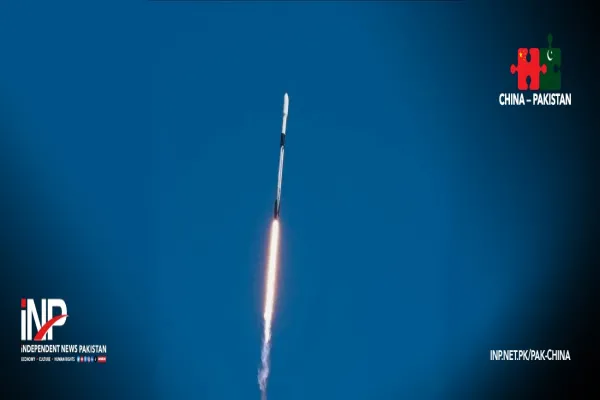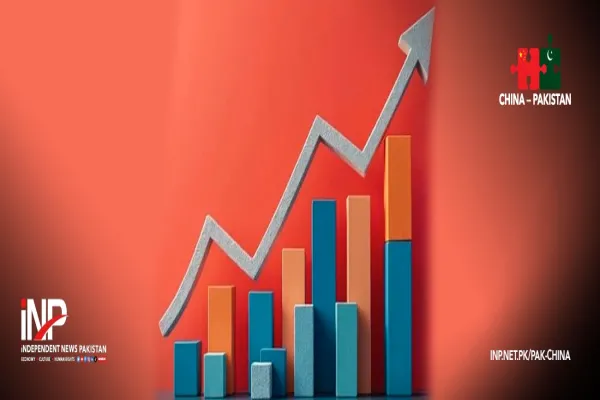i NEWS PAK-CHINA
“When my niece got married not long ago, her parents promised to install a solar panel system in the newlyweds’ home as soon as possible,” Ahmed, from a rural area in Punjab, told Gwadar Pro. Chinese solar panels have become a stable investment for Pakistani families, a trend that is not only popular in cities but also sweeping across vast rural areas. Despite gradual improvements in power supply, some areas of Pakistan still face daily power outages lasting 10-18 hours. On the one hand, electricity prices remain high, and regional power rationing still occurs frequently during peak hours.
However, this country boasts abundant sunshine resources, with an average daily irradiance of 4.5-7.0 kWh/ square meter, providing a natural advantage for the development of local solar photovoltaic industry. Data shows that to date, over 95% of Pakistan’s imported solar panels come from China. Furthermore, with the government’s renewable energy support policies introduced around 2020, Pakistan has imported over 39 GW of solar panels within five years, representing more than three-quarters of the country's total installed power generation capacity.
Hitech Industries, a local stocker and trading operator located on Arifwara-Sahiwal Road in Sahiwal, decided to turn to solar energy in response to persistently high electricity prices. “Our main business is edible oil products, followed by different types of feed. To cope with high electricity prices, solar energy is naturally our best choice. I have many friends who have had positive experiences working with LONGi, thus I decided to choose them as well. Our experience has been excellent with their products give me exceeded expectations,” noted CEO Dr. Muhammad Arshad.
The data shows that the Hi-Tech Feed solar photovoltaic project is located in the Arifwara-Sahiwal region and has a total capacity of 3MW. It is estimated that the project will generate approximately 4.3 million kWh of electricity annually, saving about 21,000 tons of coal and reducing carbon dioxide emissions by about 32,850 tons. “Our project saves a total of 12 megawatt-hours of energy every day,” Usama Shahid, a Site Engineer, told Gwadar Pro. “In addition to LONGi solar panels, we also used Huawei inverters.
Overall, our project effectively reduces local energy consumption and helps address electricity challenges. As we all know, solar energy is an excellent renewable green energy source, thus we look forward to more partners participating in this energy transformation to deal with climate change," Gwadar Pro's report added.
Credit: Independent News Pakistan (INP) — Pak-China









